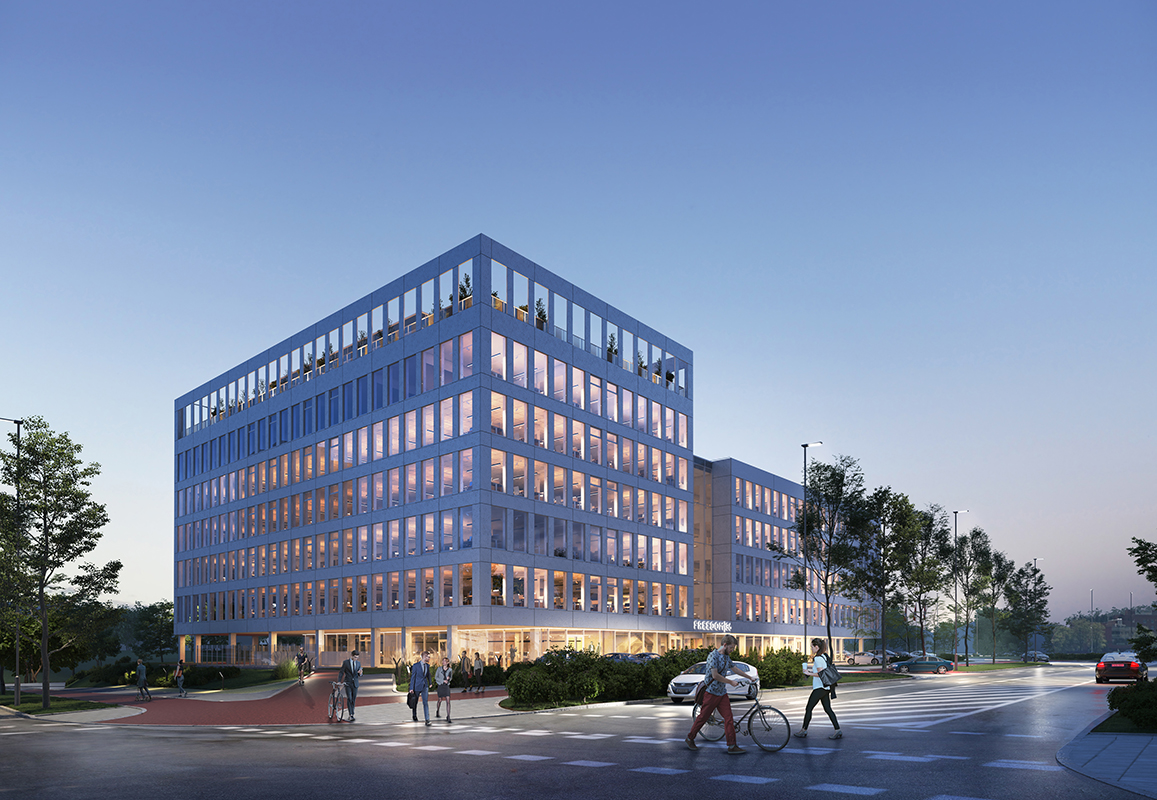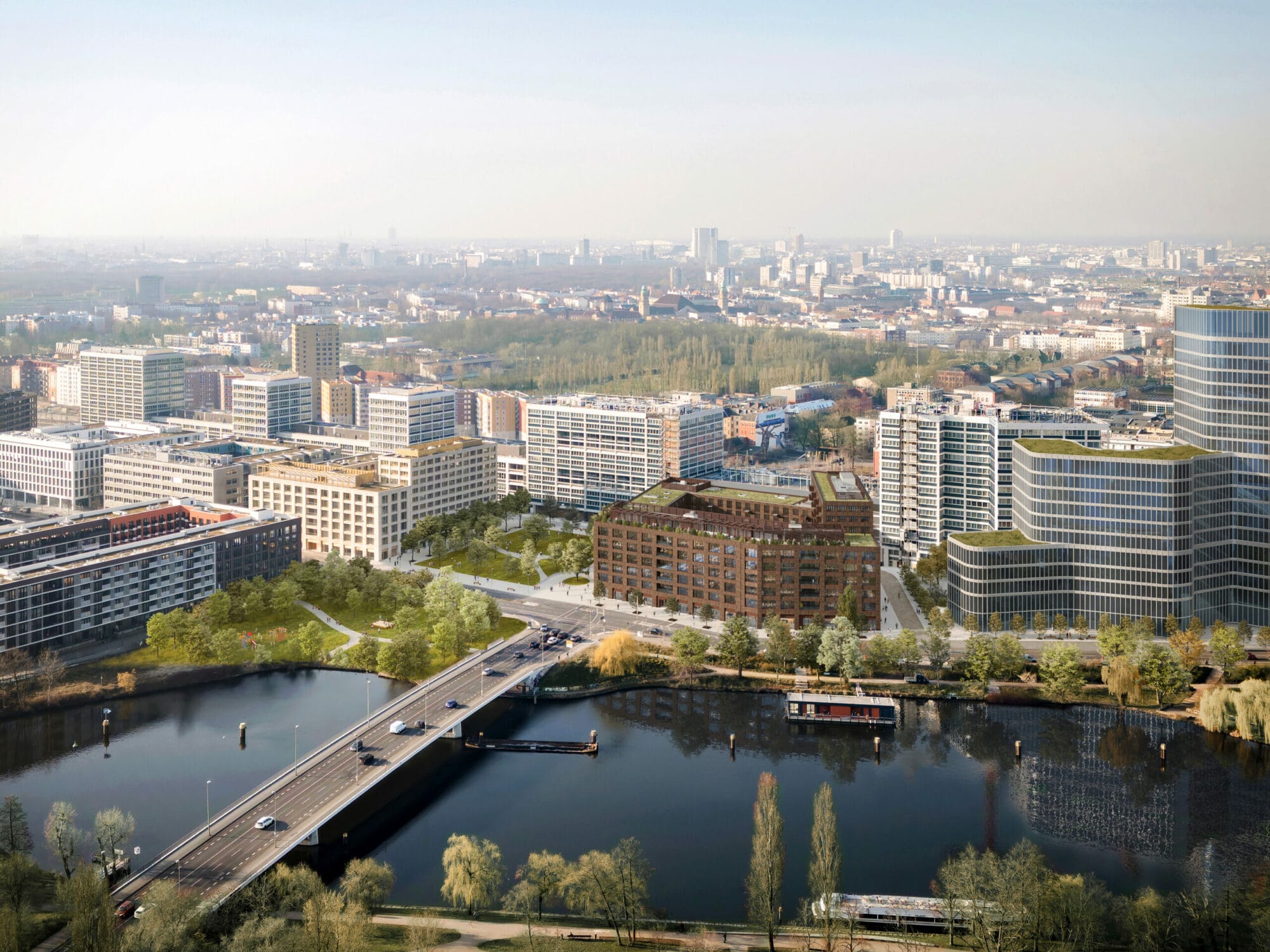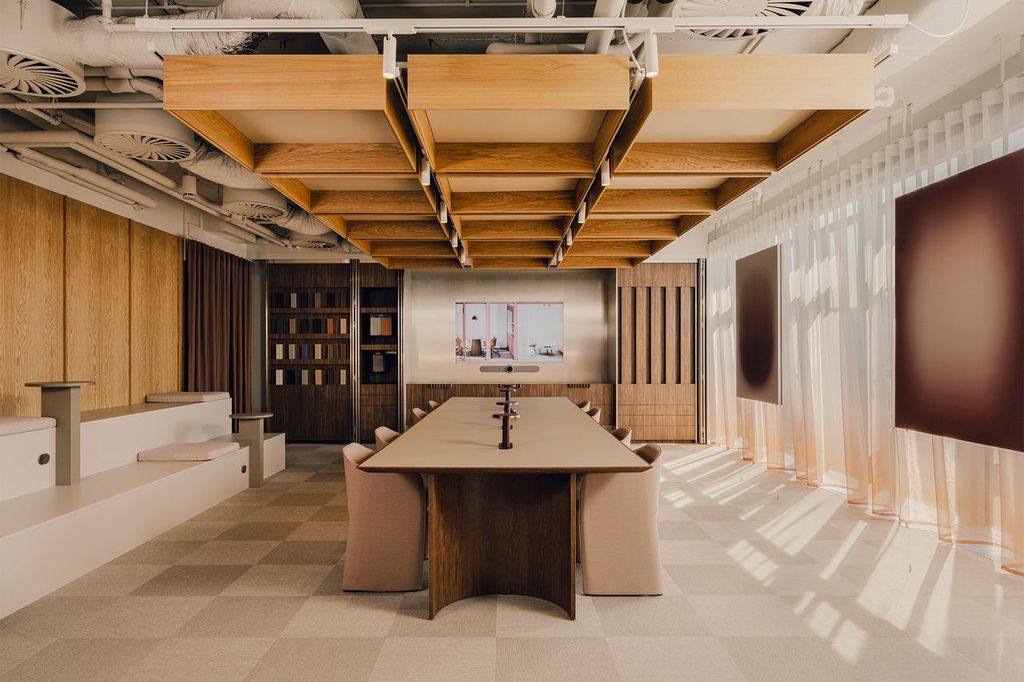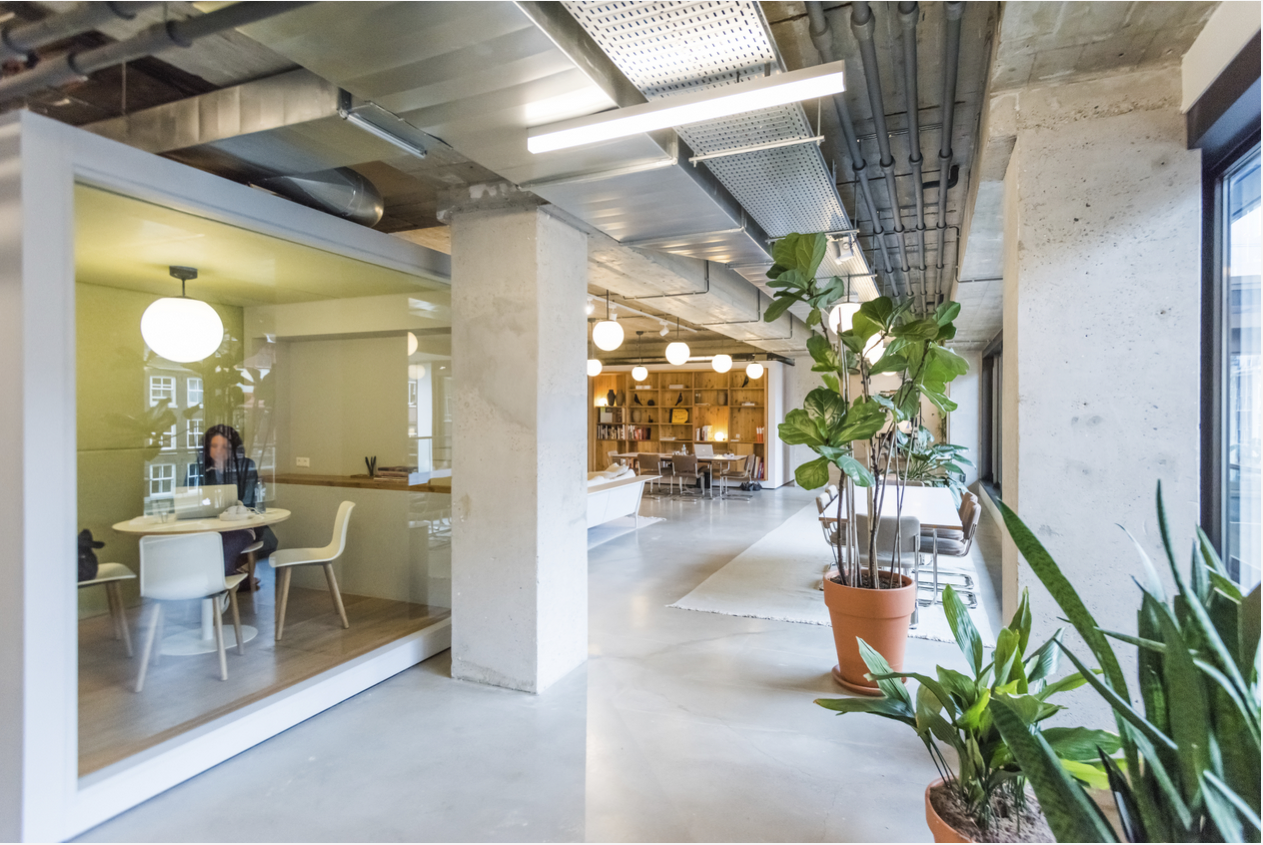The Vilnius office market is starting in 2022 under pressure. The already limited supply of class A office space is set to increase only slowly, and that, together with inflation and the rising costs of building materials and labour, should push rents higher. Nevertheless, companies are continuing to actively plan expansion and relocation, according to the international real estate consultancy Newsec.
“Take-up in the last three months of 2021 was almost 32,400 sqm, for a full-year figure of 133,200 sqm. Companies that signed lease agreements include the fintech startup kevin., business consulting firm Guidehouse Lithuania, the logistics firm CargoGO Logistics, the design firm COWI Lietuva and others. Among those most active signing leases in the fourth quarter were IT and fintech companies that plan rapid growth. They will sustain the pulse of the Vilnius office market in 2022 as well,” says Indrė Narauskaitė, the Head of Office Solutions at Newsec in the Baltics.
Small supply encourages pre-lease deals
The overall rate of vacancy in the Vilnius office market rose in the last quarter of 2021 from 5.3 percent to 7.8 percent. In fact, new office supply in recent times has only involved class B+ and B properties (the Office 100, the second building of the Business Garden Vilnius, and the Naujasis Skansenas Ž), so available space only increased notably in class B offices, rising from 6.2 percent to 11.1 percent. The vacancy level for class A offices, meanwhile, shrank even further – from 4.3 percent to 3.4 percent.
Narauskaitė projects that vacancies at class A offices in Vilnius will increase very little this year since the launches of new large projects have been pushed back to 2023 and only a few new class-A business centres will open in 2022. New projects for 2022 that can be mentioned include Girteka Park, BH Meraki, Core, Cloud Offices, Cyber City, Paupio Darboteka, Office Boutique, a new phase of the Business Stadium, and several others. Some of the space at these properties is already leased or is inactive negotiation.
Due to fit-out delays and price increases last year, some tenants seeking office space will face difficulties this year. “Given the falling supply of available Class A offices in Vilnius as well as longer construction times due to shortages of materials, tenants should start looking for office space as early as possible and be prepared for more difficult negotiations. The very limited choice of class A office space is leading companies to be more active making pre-lease deals, and prices are rising,” the Head of Office Solutions at Newsec notes.
Inflation will also impact office rental rates
Rents for Class A offices in the fourth quarter of 2021 were €6-18 per sqm, compared to €10-14 per sqm for class B offices. But Newsec predicts that over the next 12 months rates for class A properties in Vilnius my rise as high as €20 per sqm excluding VAT.
“Contributing to the increase in rents will be last year’s rise in inflation in Lithuania, which will affect tenants who until now have had little experience of price indexation. In existing business centres, leases should be indexed to annual or average annual inflation. Meanwhile, rents for new offices will be pushed up by the rising costs of building materials, energy and labour. Price indexation should spur active negotiations between tenants and landlords, which will increase the need for tenant representation services,” Narauskaitė suggests.
Office geography is expanding and demands growing
The geography of modern office buildings in Vilnius will continue to expand this year. New office clusters are going up and attracting tenants near the western and southern ring roads, for instance on Pilaitės Avenue and in the Vilkpėdė, Lazdynai and Naujamiestis districts. “Vilnius’s central business district remains popular, but tenants can now find quite a few alternatives in other parts of the capital with convenient access and developed infrastructure. These new clusters of offices will continue to spread in coming years,” says Narauskaitė.
She says the growing supply and diversity of new offices in different parts of the city will make the owners of older offices (built 5-10 years ago) seek ways to remain competitive and attract tenants. Some of them will invest in reconstruction, while others will reduce prices or offer more flexible lease agreements.
“Another clear trend affecting the office space segment recently is a sharp jump in competition for employees and a big focus by companies on making working conditions as attractive as possible. This has increased the importance of and investment in office interiors, layouts, ergonomics, and conditions related to health and well-being. It is foreseeable that soon the topic of sustainability will have a similar impact on offices. Developers will have to invest more in office sustainability solutions, not just because of investors’ increased interest in such buildings and readiness to pay more, but also due to the corporate social responsibility policies that international and larger local companies are putting into practice,” the Newsec expert adds.







